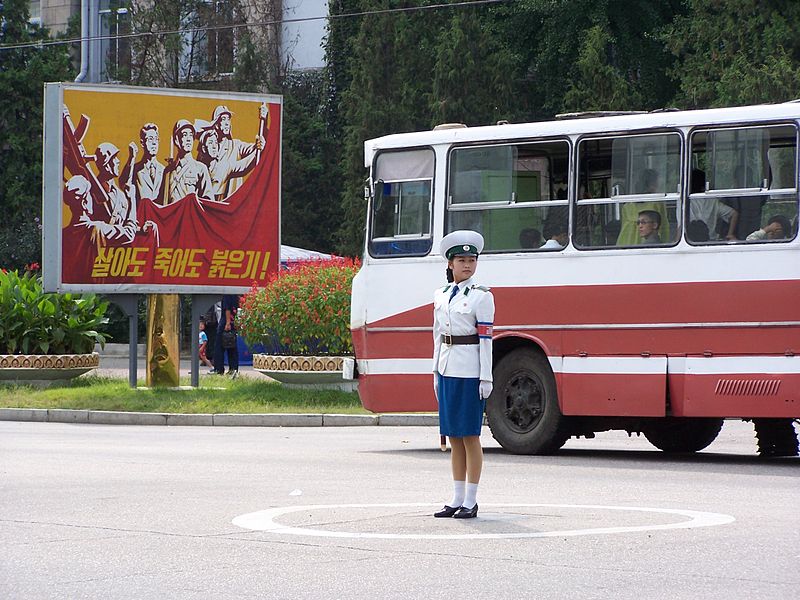Nazanin Zadeh-Cummings
Global NK Commentary [Commentary 48] Need, Aid, and Root Causes: The Appropriateness of Humanitarian Response in the DPRK Nazanin Zadeh-Cummings Associate Director of Research at the Centre for Humanitarian Leadership at Deakin University
Between life-saving humanitarian aid and structural development work Humanitarian aid carries connotations of emergency, urgent response, and
acute threats to human morbidity, mortality, and dignity. Despite the end of
the famine emergency since the mid-1990s, however, the DPRK has continued to receive international
humanitarian aid.This article argues that
while concepts of development and humanitarianism highlight the challenges to
bringing structural change in the DPRK, the long-term nature of need in the
DPRK does not signal an inappropriate match with humanitarian aid.In a sanctioned and
highly politicised environment with questions of denuclearisation and human
rights abuses, seeking to improve daily lives is an inherently structural act.
Without structural changes, acute needs have and likely will continue even in
times of non-emergency. Recent Publications Global NK Commentary Young-Sun Ha, The 8th Congress of the Workers` Party of Korea (WPK): The Next Five Years of North Korea and a History of Stagnant Growth Global NK Commentary Seunghee Ha, Arising From “the People”: Bottom Up Change in North Korean Society #909 Sampoong B/D, 158, Eulji-ro, Jung-gu, Seoul, 04548, Republic of Korea Tel 82 2 2277 1683 | Fax 82 2 2277 1684 | Email EAI Copyright 2021 © EAST ASIA INSTITUTE. All Rights Reserved. 수신거부 Unsubscribe |

